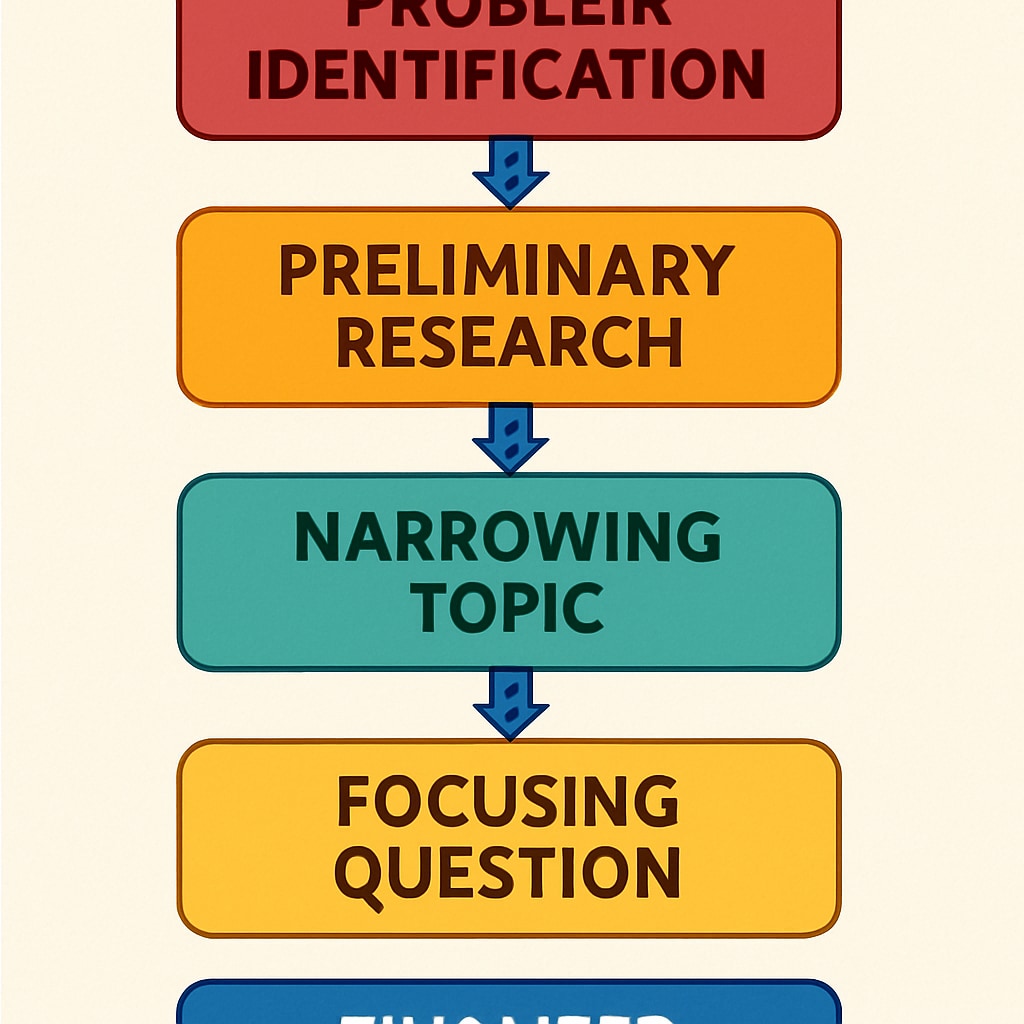“Research questions, formulation methods, academic assistance” form the foundation of meaningful educational research. For K12 educators, developing precise inquiry frameworks requires systematic approaches. This guide presents practical strategies to transform classroom observations into well-structured studies.
Identifying Research-Worthy Problems
Effective research begins with recognizing authentic educational challenges. Consider these approaches:
- Analyze student performance patterns using standardized test data
- Document classroom management difficulties with specific examples
- Identify curriculum gaps through teacher feedback surveys
According to educational research principles on Wikipedia, good problems exhibit three characteristics: relevance, feasibility, and originality.

Crafting Measurable Inquiry Frameworks
Transform broad concerns into focused questions using these techniques:
- Apply the PICOT format (Population, Intervention, Comparison, Outcome, Time)
- Use Bloom’s Taxonomy verbs to ensure appropriate cognitive levels
- Incorporate action research components for classroom-based studies
The action research methodology on Britannica emphasizes practical solutions for immediate educational contexts.
Avoiding Common Development Pitfalls
Many researchers encounter these formulation errors:
- Overly broad questions lacking specificity
- Biased phrasing that predetermines outcomes
- Unmeasurable concepts without clear indicators

By mastering “research questions, formulation methods, academic assistance” techniques, educators can design studies that genuinely improve teaching practices and student outcomes. Remember to test your questions with colleagues before finalizing your research framework.


